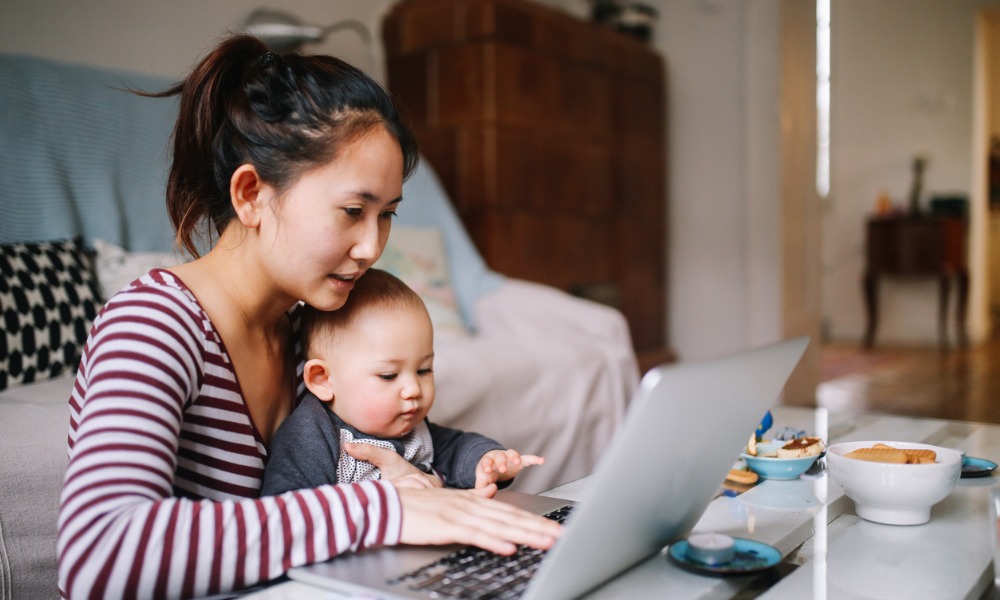
Working parents prefer taking sick days, not remote work, when it comes to caregiving

More working parents in New Zealand are opting to use their sick days rather than working from home when caring for their sick children, according to a new report.
Frog Recruitment's survey, which included 969 working parents, revealed that 46% are using their sick leave entitlements to take care of their children.
Another 41% said they work from home for caregiving, while 13% said they rely on friends and family to take care of sick kids.
Shannon Barlow, managing director at Frog Recruitment, said it's "surprising how many people use their sick leave" to take care of their children.
"It would be easy to claim this time as working from home - even if you are tied up with caregiving, but that's not what is happening," Barlow said in a statement.
"Kaimahi aren't taking it for granted; when they can multitask and still do a day's work, they'll work from home, but if the focus is on caregiving, they are using sick leave. It shows employers can trust their workers."
Meanwhile, the report's findings further shot down employers' fears that sick days would be abused after the government expanded them to 10 days three years ago.
"Initially, managers feared that increasing sick leave to ten days would mean that this would be abused, and we'd never have people at work," Barlow said. "But that hasn't been the case, with half of the poll respondents only using three days or less of their sick leave in the last 12 months."
Another 21% said they have used more than 10 days of their sick leave allowance in the past 12 months. Other said they used:
But for employees who have used up all their sick days, the report found 57% have chosen to come to work sick because they "can't afford to take unpaid leave."
Only 37% of employees said they don't come to work while feeling ill despite already using up all their sick days.
"A lot of workers in this current economic climate just can't afford to take unpaid leave, so they feel the pressure to come to work when they are unwell," Barlow said.
But she strongly discouraged the practice, stressing that the "right thing to do" is to stay away from work when feeling under the weather.
"If you work when you're sick, job performance tends to be lower, and it could take longer to recover," Barlow warned. "Not only that but bringing your germs into the office puts the rest of your team in jeopardy. The best way to protect workplace health and wellbeing is to keep your germs at home and get well."